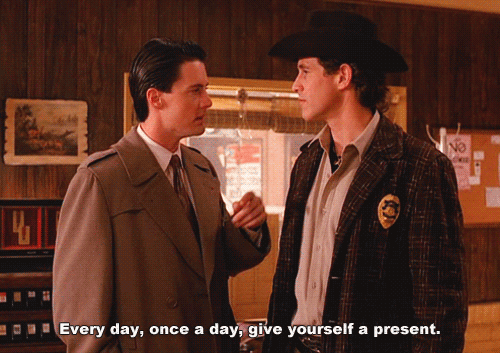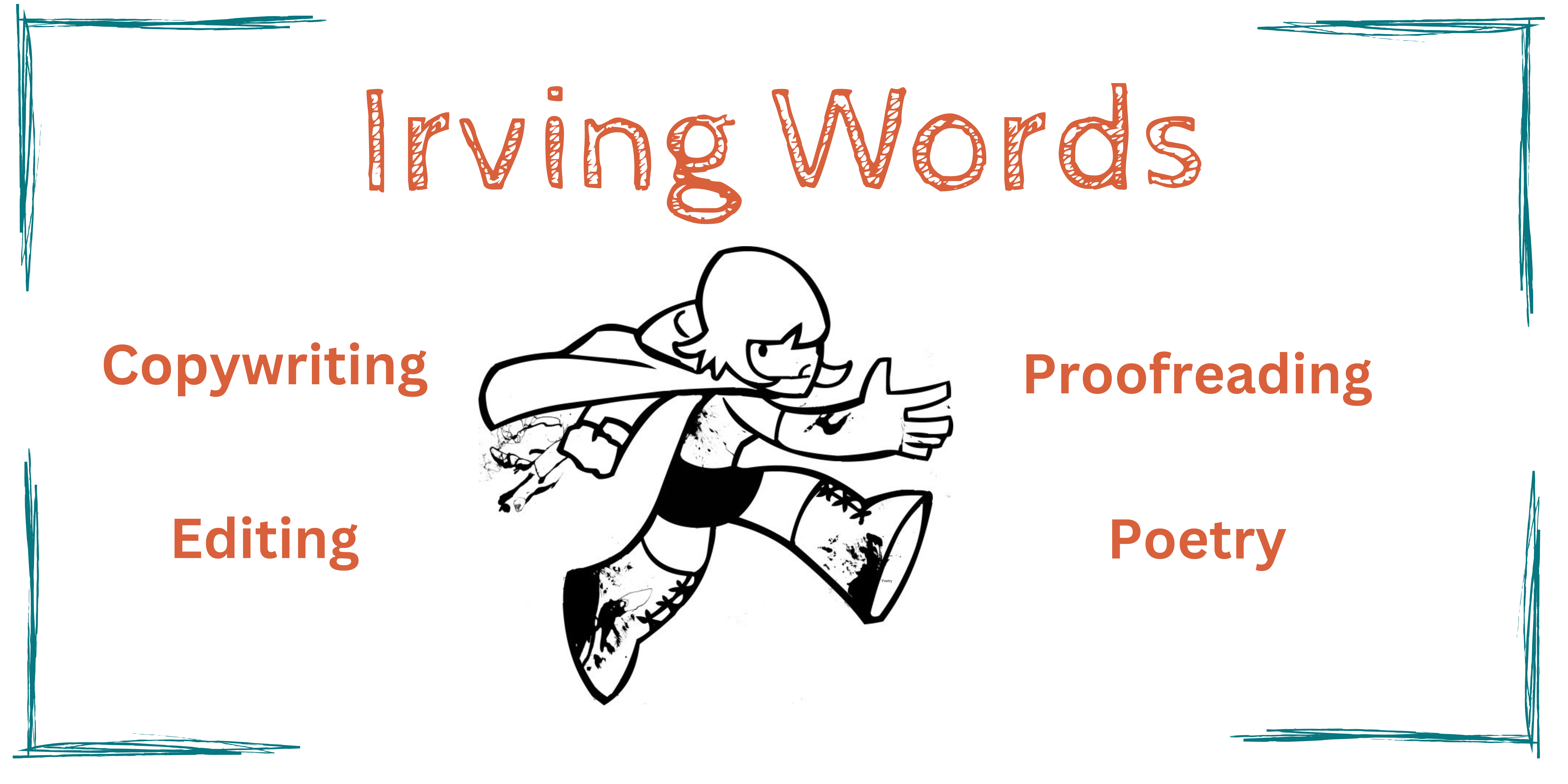Freelance writers should by rights be pretty happy. They make their own hours, they can run out for a coffee without comment and they’re being paid to write. After years of desk politics and endless meetings, the freelance life has the potential to be wonderful. Indeed, a report from early 2015, “Self-Employment in Europe” (Hatfield, Izzie, IPPR 2015), says that:
Self-employed workers have typically reported very high levels of satisfaction with their work. The European Social Survey reveals evidence which supports this: in 2010, 37 per cent of self-employed workers in Europe rated their job satisfaction as a 9 or 10, on a scale of zero to 10. This compares with just 26 per cent of those in employee jobs.
But as this Fast Company article points out, freelancers can be prone to serious depression and anxiety. And there we all were, thinking it was just us.

Common problems for freelancers include: too much work, not enough work, isolation, motivation and problematic clients. All this in addition to potential existing health problems and any number of variables or unexpected setbacks. It’s a lot to deal with, and particularly when remaining optimistic and upbeat is helpful for energy and client relations.
While workers employed by companies no doubt experience similar symptoms at times, the situation of a freelancer is such that every sick day they take is a day’s lost salary. Nonetheless, we must treat mental health as seriously as physical (i.e. if you’re incapacitated, take the day off). For days where there is a chance of pushing through, however, here are some moves I’ve found helpful. I hope some of them help you too:
1. Breathe
Seriously? Well, yes. If you’re prone to anxiety and panic in particular, practising breathing-based relaxation for ten minutes each day can really help centre you. I find getting hold of a youtube video of mindfulness meditation and having some quiet time just before bed really soothing. I feel more rested in the mornings and more able to roll with the punches during the day.
My experience is anecdotal, of course, but there’s a lot of scientific research into the role of mindfulness in promoting resilience. It builds up over the weeks, in sediments, so even a little each day makes a difference.
The best part? It’s free.
2. Make task lists
First thing. Before breakfast. Put ‘Breakfast’ on the task list. Put things you’ve done on the task list and cross them off immediately. If it helps,it’s legit.
I find mornings the most difficult part of the day. It’s the most likely time of day to be flooded with anxiety. So I make lists and map out my day. Having a list is like having a PA there to remind you not only what you must do, but what you could do, especially if you need a break from one task. Anxiety also thrives around uncertainty, so writing down specifics is a good way of defusing the stress bomb. Start the working day with the toughest things and include time for the more enjoyable aspects when those are done. Spoonful of sugar and all that.
Microtask lists are a slightly different animal, but no less helpful. These form more of a cache for low-energy times. Think about the tiniest tasks – we’re talking “Text so-and-so” or “Make a cup of tea” – that will help you make progress or feel better. That way, when your head’s in a whirl, there’s a stash of manageable tasks ready to be considered.
3. Get a sense of rhythm
It’s good to get to know your body clock in terms of productivity. Some people are most active at night, and others in the morning, so use the times of most energy for the toughest/least desirable jobs.
In her post on working from home, Passle Head of Marketing Claire Trevien describes her old PhD timetable as ”6am-1pm then 7-midnight”, following trial and error. You might be a night owl or an early bird. Test out different schedules and find out what works for you.
4. Eat at regular times
It’s very easy to work through lunch or skip breakfast. You might be ploughing through a big assignment or frantically trying to keep going because nothing seems to be yielding results. Either way, when your blood sugar drops, you will feel low and tired, or possibly even panicky, and likely get far less done. Keep some fruit or nuts to hand for energising snacks in the interim.
5. Walk
Or run. I prefer walking, though. Getting outside for a breath of fresh air is really good for energy levels, endorphins, ideas – you name it. Again, it’s free. It’s also a good excuse to talk to humans, which can provide a real boost when working from home.
6. Remember that brain breaks are not time wasting
Every hour, treat yourself to a read or a draw – something away from the computer and different to the work you’ve been doing. Time your break and return to work afterwards. Think of it as mental sorbet, cleansing the palate.
(OK, now I have brain freeze, but you get the idea).
7. Co-work with a friend
I don’t know about you, but I’m happiest working around others. Even if we don’t say that much, the feeling of having a friend close by helps me blaze through work, while solitude is the prime situation to drive me a little bit Jack Torrance. If that sounds like you too, and you have a friend who also works from home, suggest a day of co-working, for camaraderie, swapping thoughts and endless tea runs.
8. If you’re really low, talk to a friend or call Samaritans
Banish the idea that friends won’t want to talk to you in this state. Spending some time on the phone to a friend provides valuable human contact and can help put things into perspective. If you want to speak to someone more anonymously, a chat or email with the wonderful people at Samaritans might be the ticket. You don’t have to give a name, you don’t need to be suicidal and you don’t need to ‘prove’ in any way that you are ‘eligible’ to contact them. They’re just there to listen.
Talking to someone can really help to clear your mind, tap off some of that stress, and help you to:
9. Remember that you’re doing well
You are. It’s tough to work freelance, with the accompanying kite-tail of job roles in which we must excel. Even harder with mental health difficulties. Don’t beat yourself up for less productive days. Just focus on the positive. Each time you keep going instead of stopping, you’re doing fine work.
10. Reward yourself for a day well spent.
To quote the great Special Agent Dale Cooper:

If you’ve enjoyed this, you might like
Madness in copywriting: the redundancy of offence
